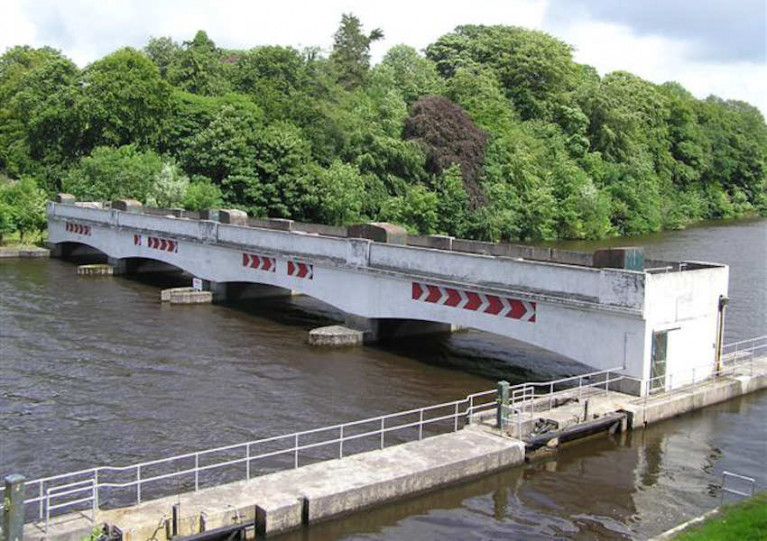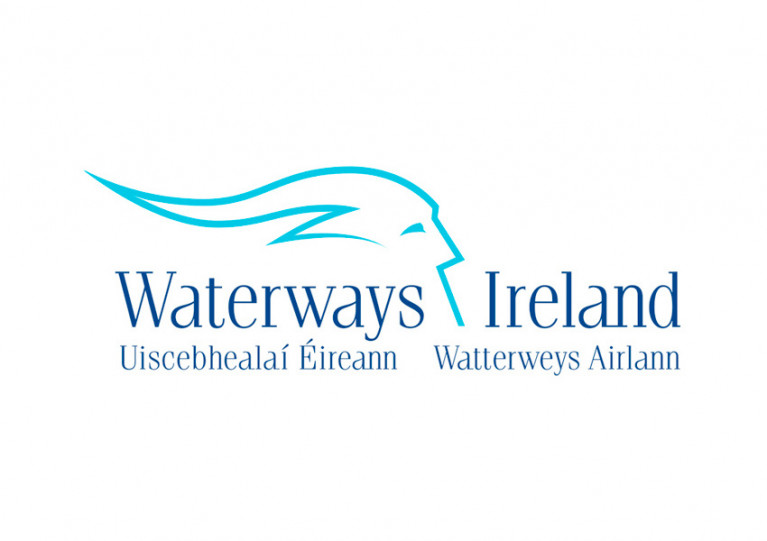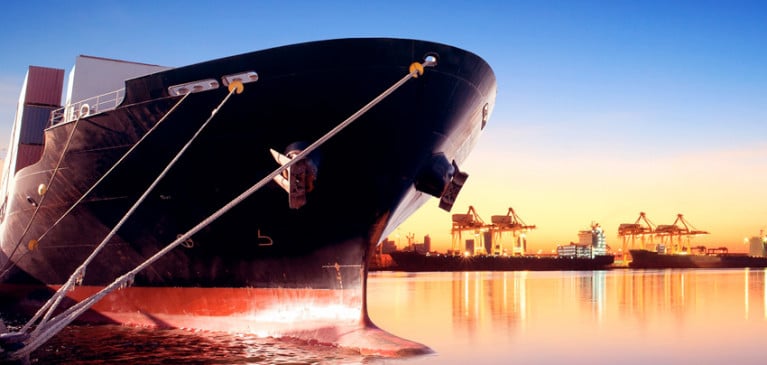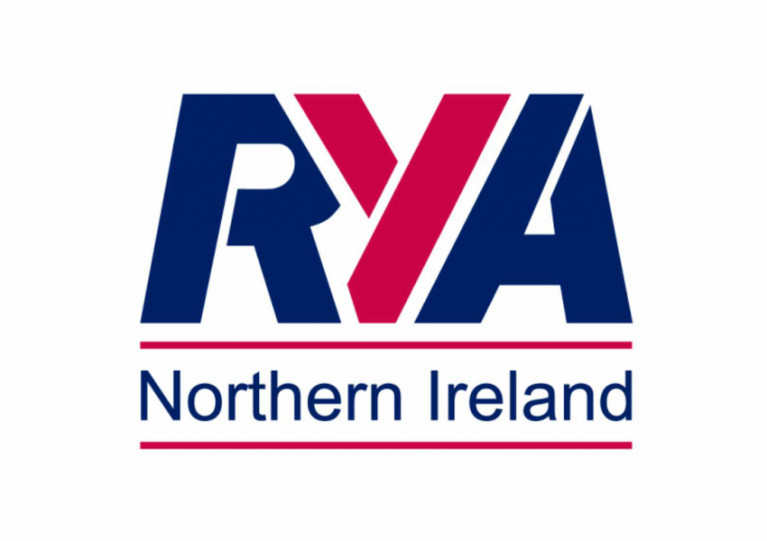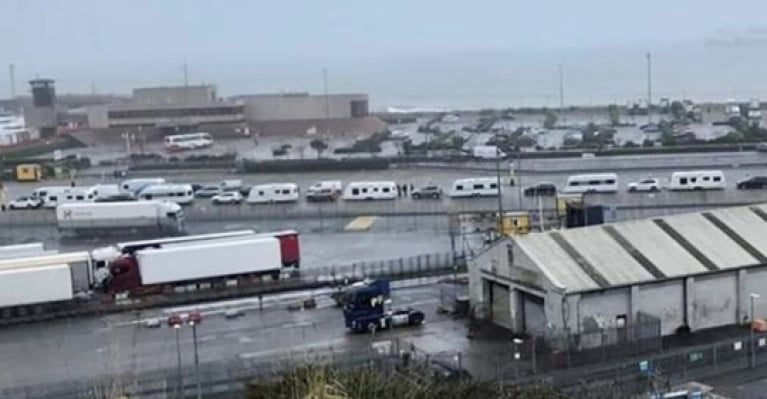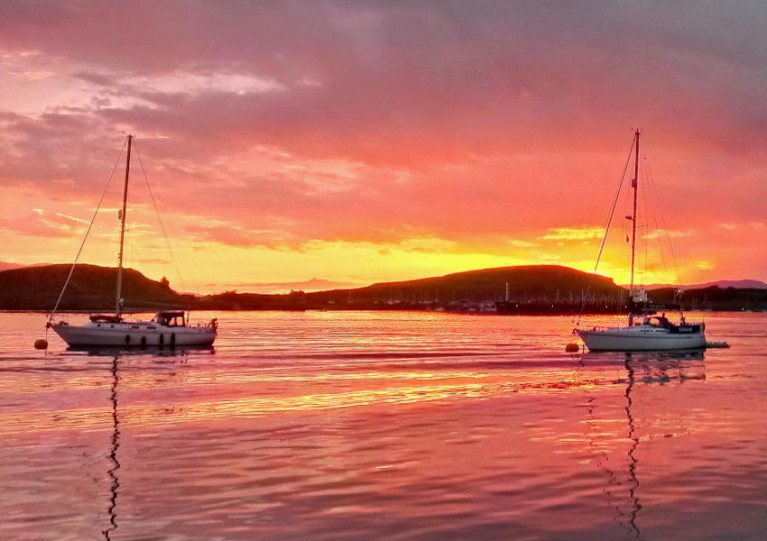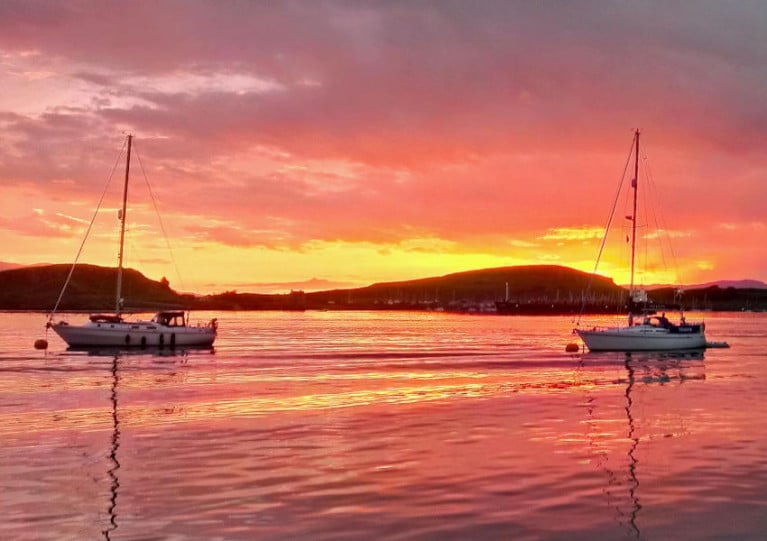Displaying items by tag: COVID19
Covid-19 PPE Waste Posed "Lethal Threat to Nature" - New Study
Covid-19 personal protective equipment has posed a “lethal threat to nature”, a new study by scientists involving Britain’s Natural History Museum (NHM) has found.
Billions of face masks and gloves produced for protection from the virus are making plastic pollution “an even greater issue”, the study has said.
While no longer as “prevalent” as they once were, the disposable masks and gloves could stay in the environment for “tens if not hundreds of years”, it warns.
Entanglements were one of the most prevalent threats, with some animals being killed after becoming caught in the plastic debris, the study drawing on community science observations from around the world has noted.
The paper’s co-author, NHM principal curator and curator in charge of birds at the museum Dr Alex Bond, says that “we really don't know how big a problem pandemic waste could be”.
“As many areas of the world had restrictions on non-essential movement, we will never be able to know the true extent of the issue, but this study gives us a snapshot into the sheer diversity of species that were affected,” he says.
The study captures only 114 observations from around the world, representing “just a fraction of the much larger impacts of COVID-19 waste on wildlife”.
At the pandemic’s height, estimated global demand was for over 129 billion disposable masks per month.
“We filter out most litter in our environment, as it represents examples such as crisp packets or cigarette butts that we've seen for years or decades,” Dr Bond explains.
“When PPE [personal protective equipment] flooded our waste management systems in the early days of the pandemic, it was a lot more obvious because it was new,” he says.
“Now we don't even flinch when we see a blue face mask on the ground. It's rapidly become part of our everyday experience of waste in our environment,” he says.
'All Systems Go' for Irish Sailing Season But Regatta Organisers Require More Detail From Sport Ireland
Worry over if there will be a 2021 sailing season at all has been replaced by hope after the Government outlined its latest path out of COVID-19 last night.
There has been overwhelming optimism following the news of the accelerated easing of restrictions from regatta organisers and sailing clubs around the country, especially for those events penciled in for June.
People will be allowed to travel across the country from 10 May. Hotels, B&Bs, bars and restaurants, and outside catering returning in the first week of June.
The Taoiseach said last night training in sport can resume in May and competition returning in June.
It's a scenario that opens the door for a very complete sailing season as had been scheduled, but many feared – given the country has been in Level 5 lockdown since Christmas Eve – that would not take place.
And while there is positivity from organisers, most also now want more clarity on last night's arrangements.
The expectation is that such clarity will come from Sport Ireland in the coming days.
For example, as sailing is a low-risk outdoor no-contact sport and there is little difference in sailing between training and competition modes more clarity is needed on the resumption date for yacht racing competitions.
DBSC - May 4th
The country's biggest sailing league on Dublin Bay had been targeting a return on May 4th. While this is still not confirmed, Dublin Bay Sailing Club (DBSC) Commodore Ann Kirwan told Afloat the club is awaiting "guidance" but "would be hopeful for a return to our full racing programme pretty soon".
DBSC has laid its marks, prepared courses and made arrangements for an immediate start to the season that traditionally begins this week for a fleet of up to 200 boats and 1200 sailors on the capital's waters.
ISORA - May 15th
The first big offshore of the season is the Dun Laoghaire Dingle Race on June 9th and ahead of that ISORA intends to run training for the 320-mile race ahead of that. "The first ISORA race is Saturday in Pwllheli. On the Irish side, ISORA will be providing training and experience for boats and crews considering doing the D2D race. These will start on the 15th of May. It’s all systems go!", ISORA chief Peter Ryan told Afloat.
Dun Laoghaire Dingle - June 9th
Dun Laoghaire Dingle Race Chairman Adam Winkelmann is also optimistic "I think it looks very positive for the race to go ahead, subject to Irish Sailing confirmation on racing and crew numbers".
The D2D reached its 50-boat entry limit as early as March 6.
 Adam Winkelmann - positive news over Government easing of restrictions so the 2021 D2D can go ahead in June
Adam Winkelmann - positive news over Government easing of restrictions so the 2021 D2D can go ahead in June
Winkelmann told Afloat he is "still concerned about boats from UK ( including NI) being allowed enter Irish ports".
He says he also needs to consult with marinas, particularly Dingle after the racing situation is clarified but expects to know more on that over the next few days.
As regular Afloat readers know, there are special arrangements required under COVID for anyone seeking to bring yachts to Ireland.
"We will move to virtual forms for declarations where possible and may need to defer prizegiving to Sept / Oct in NYC, Winkelmann added as part of his initial thoughts following the Government announcement.
Sovereign's Cup - June 24th
The D2D brings Dublin boats to the south coast where the next big event on the Calendar is Kinsale Yacht Club's Sovereign's Cup, on June 24th where club commodore Mike Walsh told Afloat; "We are all excited but need to read the small print. expect an announcement in coming days".
Following yesterday’s update on the upcoming easing of Level 5 restrictions on waterways in the Republic, Waterways Ireland has issued an advisory on access to navigations and availability of services in Northern Ireland.
As in the rest of the island of Ireland, all Waterways Ireland locks and service blocks remain closed on the Lower Bann Navigation, the Erne System and the section of the Shannon-Erne Waterway within Northern Ireland.
Local area access to jetties and moorings is in accordance with Northern Ireland Executive guidance.
Pump-out facilities are available for use, but owners must ensure that travel to pump-out facilities must be undertaken in a responsible manner minimising the amount of essential movement out on the water.
When on jetties, Waterways Ireland urges awareness of other users; wait or move aside to allow others to pass at a safe distance.
Waterways Ireland says it will continually review such measures in light of direction and advice from the NI Executive and health professionals.
The cross-border body for Ireland’s inland waterways added: “If we all continue to observe government guidance, follow advice to limit use, and strictly observe social distancing, together we can combat this pandemic — and be able to enjoy getting back out on or by our waterways when we've beaten it.”
Waterways Ireland Provides Update for Easing of Level 5 Restrictions From Next Monday
Waterways Ireland is advising all masters of vessels and water users that, in line with Irish Government restrictions, much of its network of inland waterways will open for navigation within one’s own home county from Monday 12 April.
However, all locks and bridges on the Shannon Navigation, Shannon-Erne Waterway, Royal Canal, Grand Canal, Barrow Line and Barrow Navigation remain closed, as do all Waterways Ireland service blocks.
And the easing of restrictions only applies to waterways with the Republic of Ireland, as the NI Executive sets its own rules for waterways within Northern Ireland.
As previously reported on Afloat.ie, the winter mooring period has been extended on the Shannon Navigation and Shannon-Erne Waterway until Friday 30 Apri.
When the Government announces Level 4 restrictions, Waterways Ireland will open locks and bridges on the Shannon from 9am to 3pm daily and on the Shannon–Erne Waterway between 9am and 5pm. Service blocks and other on-shore services will also be available for use.
When Ireland moves to Level 3, Waterways Ireland will open locks and bridges at normal hours on all navigations.
Previous advisories for those using canal towpaths remain in place, with people encouraged to limit their use and stay within their home county.
British Marine has said recent guidance issued by the UK Government confirms that canal boats and other vessels in England are, in its view, eligible for COVID-19 recovery grants.
The Restart Grants were announced earlier this month by Britain’s Chancellor of the Exchequer, Rushi Sunak, and are issued by local authorities in England.
“This confirmation means that accommodation providers, such as vessels and canal boats, should be eligible for a one-off grant of up to £18,000 to support them throughout the ongoing pandemic and the subsequent restrictions on trading,” British Marine said.
The grant is exclusively for businesses which pay business rates, with the exact value of the grant determined by the businesses’ rateable value:
- Businesses occupying hereditaments appearing on the local rating list with a rateable value of exactly £15,000 or under on 1 April 2021 will receive a payment of £8,000.
- Businesses occupying hereditaments appearing on the local rating list with a rateable value over £15,000 and less than £51,000 on 1 April 2021 will receive a payment of £12,000.
- Businesses occupying hereditaments appearing on the local rating list with a rateable value of exactly £51,000 or over on 1 April 2021 will receive a payment of £18,000.
British Marine advises its members to contact their local authority to discuss their eligibility. Members can also visit British Marine’s COVID-19 microsite for the latest information.
Department of Transport Confirms Limited Exemptions from Hotel Quarantine for Maritime Crews
The Department of Transport has confirmed limited exemptions for maritime crews from mandatory hotel quarantine for those entering the State from high-risk countries, which comes into effect from tomorrow, Friday 26 March.
As detailed in Marine Notice No 16 of 2021 (which can be downloaded below), maritime crew are considered to be in the course of their work until they reach their home, having completed their duties on board.
It is recommended that seafarers arriving to Ireland to join a ship have in their possession evidence such as joining instructions from their employer or crewing agency.
In addition, it is recommended that seafarers leaving a ship abroad to return to Ireland are in possession of their seafarer’s discharge book that has been appropriately signed off by the ship as proof they have just completed their time aboard a vessel and are returning immediately home.
Another exemption is for anyone classed as an international transport workers, defined as a person who holds a valid Annex 3 Certificate in accordance with the Communication from the EU Commission on the implementation of the Green Lanes under the guidance for border management measures to protect health and ensure the availability of goods and ensure services.
While maritime crew are generally exempt from the travel restriction requirements, this does not extend to crew involved in the operation of pleasure craft not engaged in trade, as such journeys are considered non-essential.
Any crew arriving in Ireland working aboard such a craft are required to adhere to all of the relevant travel restrictions as appropriate, including completion of a passenger locator form, pre-departure RT-PCR test taken 72 hours prior to arrival and mandatory hotel quarantine where applicable. Breach of these legal obligations is an offence.
Further information in relation to travel restrictions in Ireland is available from gov.ie.
Owners/operators of international ferries serving Ireland are legally required to inform passengers of their obligations in relation to travel restrictions currently in place in Ireland.
They are also required to check each passenger has evidence of a negative/not-detected result from a RT-PCR test taken 72 hours prior to arrival in the State and to deny boarding to the passenger if such evidence is not produced.
In addition, there is a now a requirement to ensure that any passenger subject to mandatory hotel quarantine has made the necessary booking in advance of travel and to deny boarding if a relevant passenger cannot produce such evidence.
Masters are also requested to make on-board announcements detailing the legal requirement for passengers to complete the passenger locator form before disembarking and to ask passengers to have the form ready for collection by immigration officers.
The RYANI has broadly welcomed the news of easing of COVID-19 restrictions in Northern Ireland from 1 April, as announced last week by First Minister Arlene Foster.
The sailing and boating body saidL: “This is very welcome news and follows on from engagement with the Minister of Communities, who has continued to be an advocate for sport and outdoor activity.
“Our understanding is that this will include further easing of restrictions for boating activity, namely around venue access.
“We still await the issuing of the regulations and guidance from the department to understand implications across the boating community in full."
Full guidance is currently pending, but the RYANI has summarised the position as it understands:
- Updated Regulations are yet to be laid in order to confirm venues etc that may reopen from 1 April.
- In the absence of the regulations, affiliated boat clubs will be able to reopen outdoor facilities from 1 April. However, there will be stringent protocols required, including very limited numbers.
- Sailing, windsurfing and powerboating as individual, single household/bubble recreational activity will be permitted from 1 April.
- Activity with two different households is permitted only where 2m social distancing can be adhered to at all times and with a maximum 10 people.
- SportNI/Department for Communities will be briefing national governing bodies in coming days of the phases for outdoor sports, including more detailed guidance.
- The current sub-phases under Step 2 will move from recreational through to training and potentially competition.
- Once received, RYANI will be working to create guidance for clubs, centres and the wider boating community and we will share this as soon as practically possible.
“Although this announcement is welcome and further details are to follow, our current guidance remains in place, where club and other watersports facilities must remain closed,” the RYANI adds.
“We appreciate this will raise a large number of questions and will work to ensure appropriate guidance is issued at the earliest possible opportunity in order to allow you to make informed decisions.”
In the south-east ferryport of Rosslare, serious questions have been asked over the numbers of passengers arriving and departing and the amount of screening being undertaken to prevent any further spread of Covid-19.
Last week images, writes Wexford People, were circulated of a convoy of caravans at Rosslare Europort, apparently queued up to board a ferry to France.
Meanwhile, further video footage has emerged which shows upwards of 20 cars driving off the Isle of Inishmore on Sunday night after it arrived in Rosslare from Pembroke (see other story).
An eyewitness said that the cars were all UK registered vehicles apart from one Dublin reg and one Cork reg.
While garda checkpoints had been setup in Kilrane previously, it's unclear if gardaí were present on this occasion, although checks would have been carried out at the port.
Support Scheme for Scottish Marine Tourism Businesses Opens for Applications Next Week
A £2.5m fund to help marine tourism businesses in Scotland restart operations in 2021 will be open for applications from next week, according to Marine Industry News.
The Marine and Outdoor Tourism Restart Fund is part of an overall £104.3m support package for tourism businesses affected by the coronavirus pandemic.
As previously reported on Afloat.ie, the fund is aimed at supporting businesses through the expense of gearing up for the 2021 season.
Both inland and coastal operators will be eligible to apply for grants from £1,000 up to £15,000 in the VisitScotland-administered scheme, which opens at noon on Tuesday 2 February.
“Industry surveys indicated over 75% of operators in the charter and small cruise sector secured two months or less of trading in 2020,” Sail Scotland chief executive Alan Rankin said.
“Managers of local visitor moorings and pontoon services faced a vastly curtailed season, many of whom are not for profit community led groups operating on extremely thin margins.
He added: “The importance of supporting the sector at this time of year is vital, not just for direct jobs but also the valuable economic benefits marine tourism brings to rural and remote coastal and island communities.”
Marine Industry News has more on the story HERE.
Scottish Sailing Tourism to Get a Boost from Restart Funding Scheme
Scotland’s struggling aquatic tourism sector is set to be boosted by a £2.5m pandemic support package from the devolved government, as Marine Industry News reports.
Sail Scotland and Wild Scotland have secured the £2.5m restart grant scheme aimed at supporting businesses through the expense of gearing up for the 2021 season.
Both inland and coastal operators will be eligible to apply for grants from £1,000 up to £15,000 in the VisitScotland-administered scheme.
Operators of visitor moorings and pontoons will also be able to access grants of between £1,000 and £7,500 in the scheme, which opens in January.
“After months of pressing the case to the Scottish Government, we are pleased the hardship faced by operators in the marine sector is being recognised,” Sail Scotland chief executive Alan Rankin says.
But he adds that the restart funding is just one of the industry’s ‘three asks’ of the regional government — with the others being “detailed solutions around workable rules” and a “recovery marketing fund”.
Marine Industry News has much more on the story HERE.



























